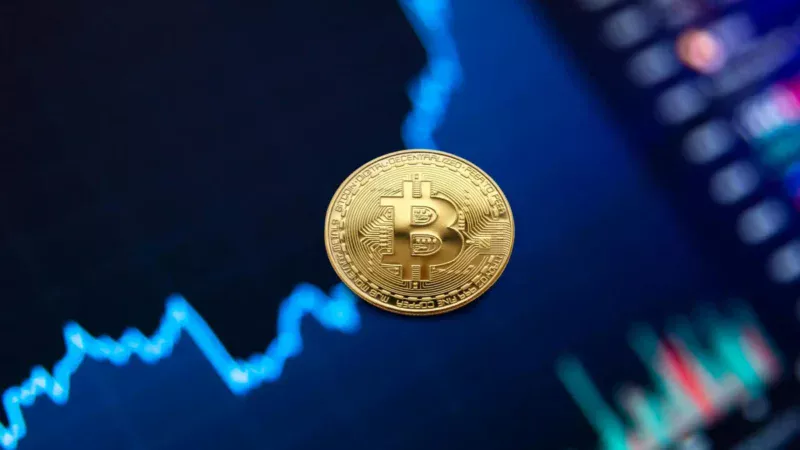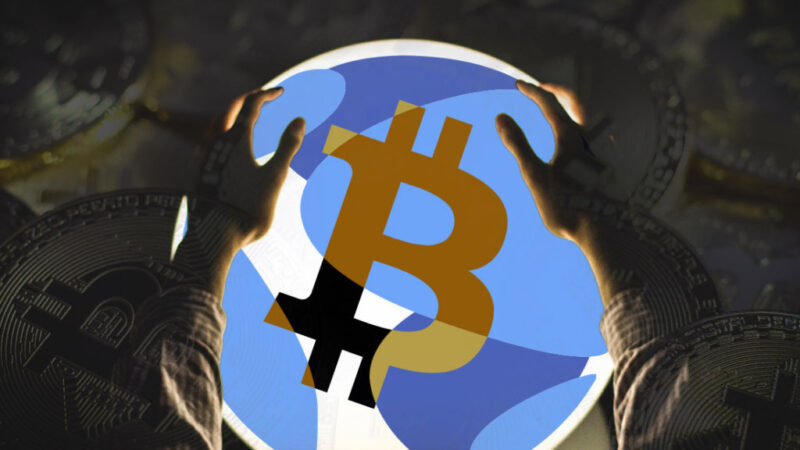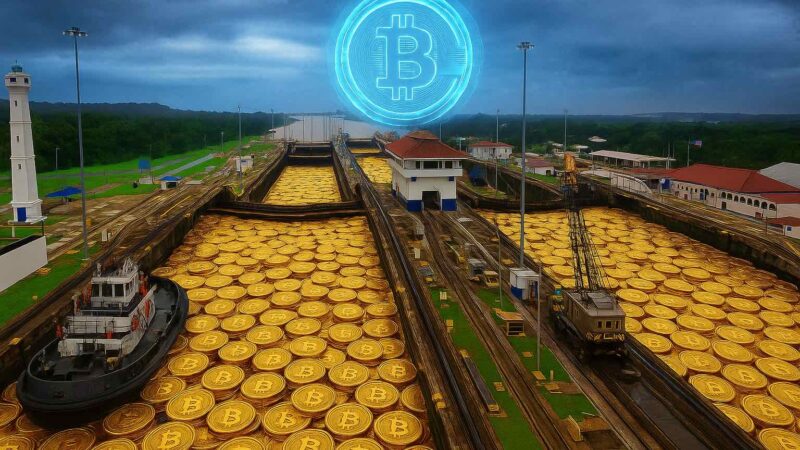IWF presses on the brake, while Pakistan is using Bitcoin mining

Pakistan's aggressive promotion of Bitcoin mining has attracted the attention of the International Monetary Fund (IMF), which now demands clarity about the assignment of 2,000 megawatts of electricity for digital assets and AI infrastructure.
The plan, which is advertised as a leap into the future, aims to lure crypto miners and tech companies into the country. However, the IMF, which is currently negotiating with Islamabad about financial support, is alerted about the lack of consultation and the potential burden on Pakistan's already fragile energy system. According to official information, the fund both questions the legality of the crypto mining as well as the effects of this detour of electricity on tariffs and the entire distribution of resources.
While negotiations continue with the IMF, allegedly A special meeting called to examine the effects of energy policy. The tensions are increasing within the Pakistani economic team, and insiders warn that this step could make ongoing discussions more difficult.
Meanwhile, the government is driving its digital agenda. A new authority-the Pakistan Digital Asset Authority (PDAA)-was founded to regulate crypto platforms, tokenized assets and defi protocols as part of international compliance framework. The plan also includes the introduction of a national Bitcoin wallet and the creation of a state crypto reserve that was presented at the Bitcoin 2025 conference in Las Vegas.
Behind this turn is a more comprehensive initiative under the leadership of the National Crypto Council, which aims to develop a comprehensive regulatory framework and make Pakistan a regional center for digital finances. The former CEO of Binance, Changpeng Zhao, was even consulted as a consultant.
However, while optimism among the supporters of cryptocurrencies is growing, the IMF's concerns could put to the test of how far Pakistan can go without endangering its ambitions to save the financial economy.






